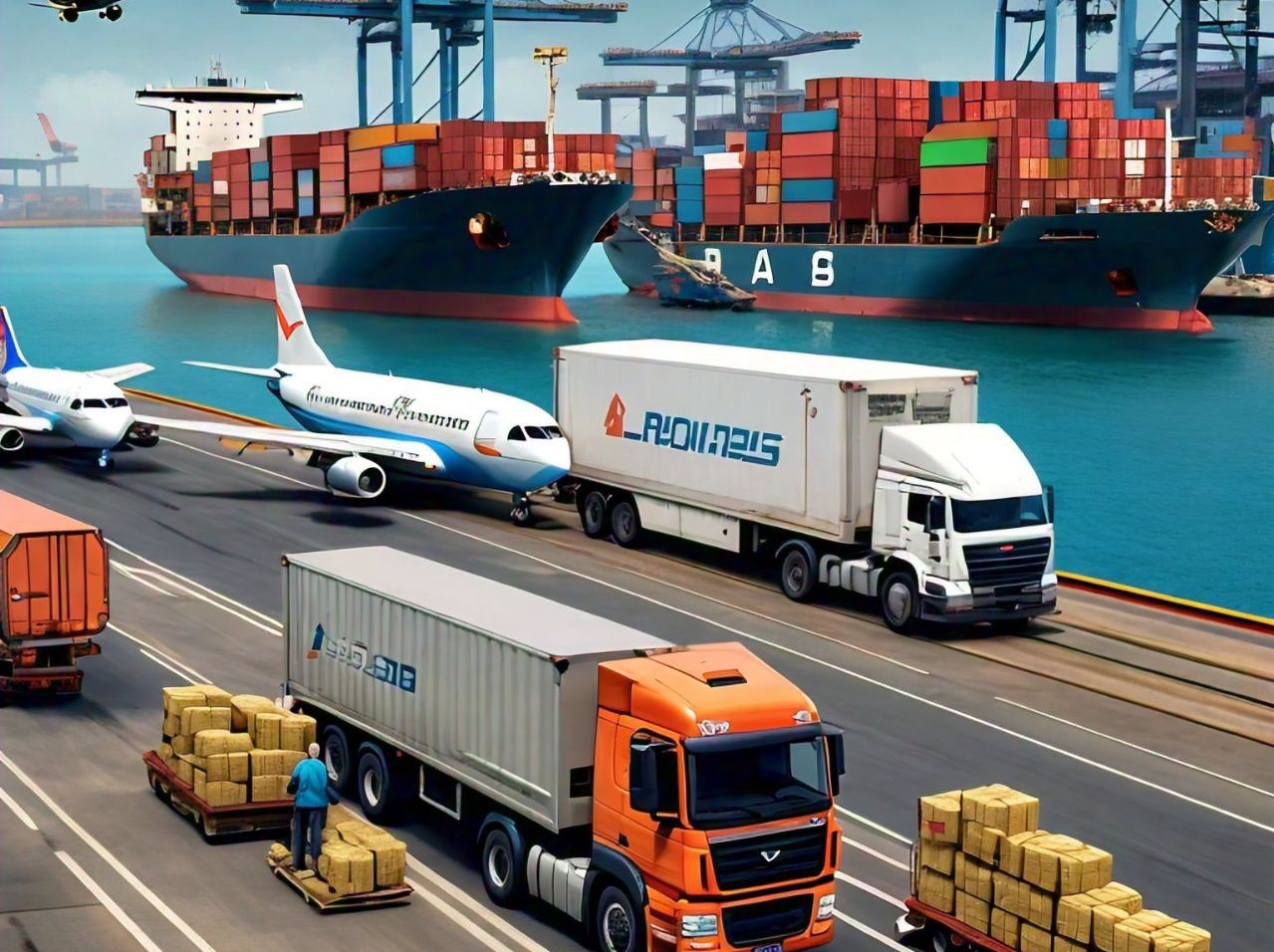Challenges in Conventional Multimodal Logistics in India & How Our Software Revolutionizes the Process
In India, the logistics industry plays a crucial role in ensuring smooth transportation of goods across the country. With its vast geography and growing demand for fast delivery, the sector faces significant challenges, particularly in multimodal logistics, which involves the use of multiple forms of transportation (road, rail, air, and sea). While this method is effective in connecting distant regions, it often comes with difficulties that slow down supply chains, increase costs, and complicate operations. Let’s explore these conventional issues and how our software addresses them, providing faster, more efficient solutions.
Key Challenges in Conventional Multimodal Logistics
-
Complex Coordination Across Modes
Managing different transportation modes requires constant coordination between various players—transport companies, warehouses, customs authorities, and more. This complexity often leads to communication gaps, delays, and inefficiencies. Without real-time data, scheduling conflicts and route planning issues further disrupt the process.
-
Fragmented Documentation
Each transportation mode comes with its own set of regulations and paperwork, creating a fragmented documentation process. From customs clearance to freight bills and handling cargo-specific requirements, paperwork delays are common, leading to longer transit times and high overheads.
-
Lack of Real-Time Tracking
Conventional logistics often struggle with providing real-time tracking for multimodal shipments. Companies may lose visibility when goods transfer between modes, which makes it difficult to give customers accurate delivery estimates or resolve issues like lost or delayed shipments.
-
Inefficiencies in Cargo Handling
The transfer of goods between various modes of transportation can result in increased handling time and the risk of damage. Without optimized processes, loading, unloading, and warehousing can all contribute to unnecessary delays.
How Our Software Solves These Challenges
Our software is designed to take the guesswork out of multimodal logistics, making it faster, smoother, and more transparent for businesses. Here’s how:
-
Centralized Platform for Seamless Coordination
Our solution integrates all modes of transport under one platform, enabling seamless coordination between road, rail, air, and sea logistics. With automated scheduling, optimized route planning, and real-time updates, we minimize communication delays and reduce transit times, ensuring goods move efficiently from point A to point B.
-
Automated Documentation and Compliance
Our software automates the entire documentation process, from customs forms to shipping manifests, ensuring compliance with regulatory requirements at every stage. This not only speeds up cargo clearance but also reduces the chances of errors and fines.
-
Real-Time Tracking and Visibility
Our real time tracking helps keep customers informed, resolve delays quickly, and provide precise delivery estimates. Full transparency across the supply chain means fewer surprises and better control over operations.
-
Optimized Cargo Handling
We’ve streamlined cargo handling with automated workflows that reduce manual intervention, minimizing loading and unloading times. Our software helps track cargo from warehouses to final delivery, ensuring safe handling at every point of transfer.
The Bottom Line: Faster, Smoother, Smarter Logistics
By tackling the biggest challenges in multimodal logistics, our software allows businesses to focus on growth rather than the complexities of transportation. The result? Faster delivery times, reduced costs, and a supply chain that operates like clockwork. In a competitive market like India, where efficiency is key, our solution is the game-changer businesses need to stay ahead.
In today’s fast-paced world, logistics should never be the bottleneck. With our innovative software, it won’t be.

